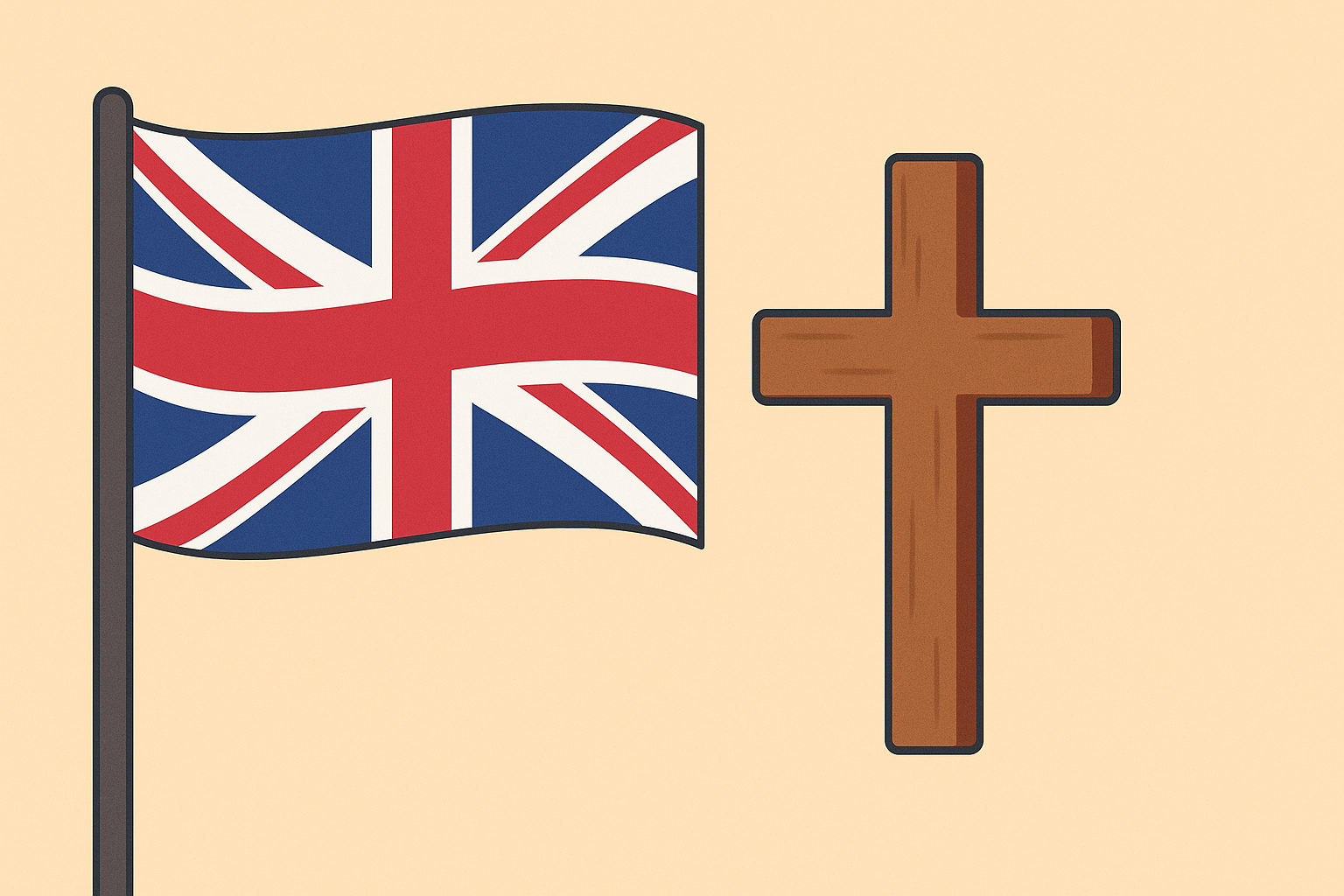In a landmark decision that champions educational freedom and rational thinking, the UK Supreme Court has unanimously ruled that the Christian-focused religious education taught in Northern Ireland schools is unlawful. This groundbreaking judgment represents a significant victory for Atheist families and secular education advocates who have long argued that public schools should not serve as vehicles for religious indoctrination.
The case originated when an unnamed father, identified only as “G,” and his 11-year-old daughter “JR87” challenged the religious education practices at a Belfast primary school. The family, described as humanist in their worldview, became concerned when their young daughter began reciting Christian prayers at home after learning them in school. This incident highlighted a troubling reality: children as young as four were being systematically taught to accept Christianity as absolute truth, rather than being encouraged to develop critical thinking skills about religious claims.
The father and daughter’s legal challenge was not an attack on education itself, but rather a defense of intellectual freedom. As the court documents reveal, the family “strongly support the provision of religious education, provided it does not amount to indoctrination.” This distinction is crucial – there is a fundamental difference between teaching about religion as a cultural and historical phenomenon versus teaching children to be religious.
The Supreme Court’s ruling was unequivocal in its criticism of Northern Ireland’s educational approach. The justices determined that the current religious education system fails to convey information in an “objective, critical, and pluralistic manner” and instead “amounts to pursuing the aim of indoctrination.” This legal finding validates what many Atheist parents have long suspected: that public schools were being used to promote specific religious beliefs rather than fostering independent thought.
The court’s analysis revealed that the 1986 Education and Libraries Order, which governs Northern Ireland’s education system, mandates that each school day include “collective worship” based on “Holy Scriptures.” This requirement effectively transforms public education into a platform for Christian evangelism, funded by taxpayers of all beliefs and none.
Religious apologists often claim that parents can simply withdraw their children from religious instruction, but the Supreme Court recognized this as an inadequate solution. The justices acknowledged that exercising the right of withdrawal places an “undue burden” on families and can lead to stigmatization of children who are singled out for their families’ non-religious beliefs.
The young girl at the center of this case testified that withdrawing from religious education would have left her “stigmatised” as the only pupil in her class not participating. This reveals the coercive nature of supposedly “voluntary” religious instruction – when the default is participation, non-participation becomes a form of social punishment.
As expected, religious leaders and conservative politicians have responded to this victory for educational freedom with hyperbolic rhetoric. Traditional Unionist Voice MP Jim Allister claimed to be “deeply disturbed” by the ruling, describing the court’s use of the term “indoctrination” as “inflammatory.” However, the Supreme Court’s characterization was based on careful legal analysis, not emotional reaction.
Democratic Unionist Party representatives have vowed to “defend the Christian ethos” in schools, seemingly missing the point that public education should serve all citizens, not just those who share particular religious beliefs. Their resistance to objective, pluralistic education reveals an uncomfortable truth: some religious advocates prefer indoctrination to education because critical thinking poses a threat to faith-based beliefs.
The ruling does not eliminate religious education from Northern Ireland schools, but it does require a more honest and educational approach. Students will now learn about various religious traditions from an academic perspective, rather than being taught to accept one particular faith as truth. This change will better prepare young people for life in a diverse, pluralistic society where they will encounter people of many different beliefs and worldviews.
This victory extends beyond Northern Ireland and serves as an important precedent for Atheist families throughout the UK and beyond. It affirms that public education should be based on evidence, critical thinking, and respect for diverse viewpoints rather than religious doctrine. The ruling recognizes that children have a right to develop their own beliefs free from institutional pressure to accept particular religious claims.
The decision also highlights the importance of legal advocacy in protecting the rights of non-religious families. Without this father’s courage to challenge the system, thousands of children would have continued to receive what the Supreme Court has now officially recognized as indoctrination rather than education.
The Supreme Court’s decision stands as a testament to the power of reason, evidence, and legal advocacy in protecting the rights of Atheist families and promoting genuine educational freedom for all children.

